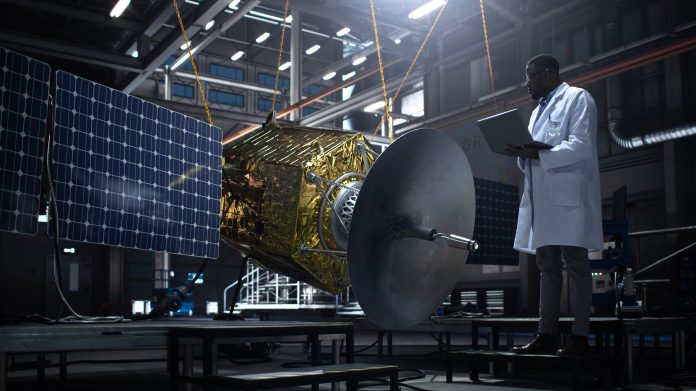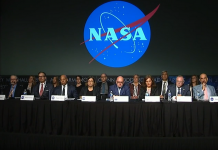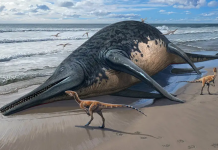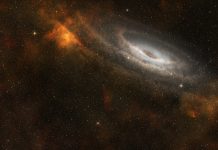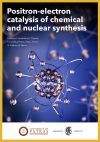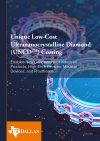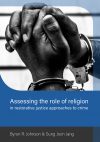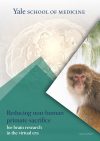The news that a variety of research collaborations and STEM education projects will be receiving UK Space Agency funding has been announced at this year’s Space Comm-Expo in Farnborough, one of the largest space-related meetings in the UK
The new Science and Exploration Bilateral Programme is designed to support science collaborations with international institutions that will progress space research and problem-solving around the world.
The Space to Learn scheme promotes space inspiration for young people and improves access to STEM careers and learning opportunities nationwide.
International partnerships and STEM advancements for UK space ambitions
According to Dr. Paul Bate, the Chief Executive of this Space Agency, effective international partnerships serve not only the immediate objectives of missions or research areas but also foster long-term research relationships that contribute to addressing crucial challenges faced both on Earth and in space.
He also added, “This new bilateral funding multiplies up our agency’s impact by bringing in international investment. This helps to galvanise global innovation, drive up investment in the UK, deliver new missions and capabilities, and to champion the power of space to improve lives and understand the Universe.”
Investing in STEM to inspire the next generation
Bate also emphasised the importance of investing in STEM programs to inspire and engage every young person, from diverse communities, in imagining innovative possibilities and contributing to the UK’s expanding space ambitions while enjoying the process of learning.
“As the UK’s space ambitions increase, investing in STEM programmes is equally critical. We want to make sure that every young person across all communities can be inspired through space.”
We want to make sure that every young person across all communities can be inspired through space
The first nine funded projects under the bilateral programme will connect organisations in the U.K. with international counterparts, using £2.3 million to develop collaborative proposals for new space missions.
UK universities and NASA collaborate to explore cosmic mysteries
Imperial College London and the University of New Hampshire will collaborate on a particular project to create magnetometers for NASA’s HelioSwarm mission, utilising a cluster of nine small spacecraft to study solar winds and enhance our comprehension of space weather.
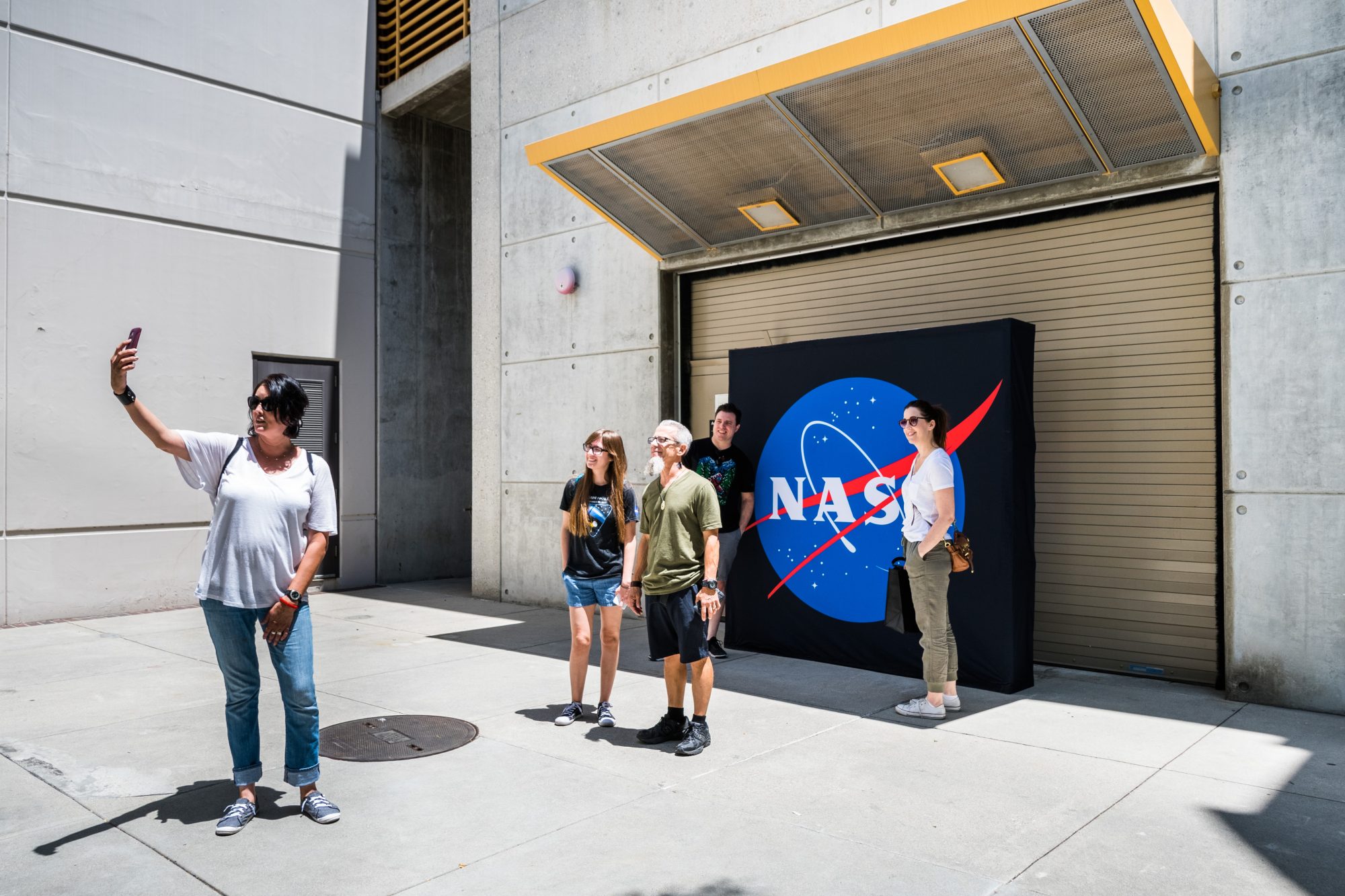
The University of Cambridge is involved in the CosmoCube project, a NASA-led radio-cosmology mission investigating the Dark Ages of the Universe, while Royal Holloway collaborates with the Indian Space Research Organization to develop essential radars for the upcoming Shukrayaan mission to Venus, scheduled for 2026.
The Space to Learn initiative will provide £4.3 million from the UK Space Agency for four educational projects.
£4.3 million from the UK Space Agency for four educational projects
These include the National Space Academy’s masterclasses for 40,000 students, the Jon Egging Trust’s Blue Skies initiative for space education, and the Association for Science and Discovery Centre’s Our World From Space program emphasizing the significance of UK space science for Earth’s future.
The funding will aid the European Space Education and Resource Office’s Space Inspirations scheme, enabling regional space sector volunteers to engage over one million UK children through impactful learning experiences.



